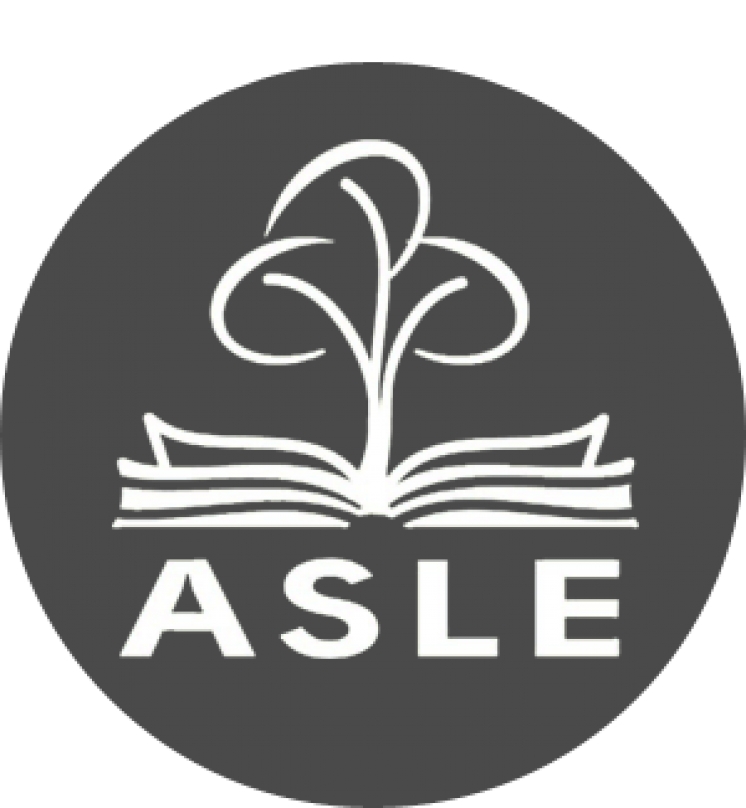News
CFP: Pandemics in European Literature (20th-21st CE.): Theory and Practice
Deadline: 31st of January 2021
Contact: Guest Editors: Nikoleta Zampaki, PhD Candidate of Modern Greek Philology, Department of Philology, National and Kapodistrian University of Athens, Greece, e-mail: This email address is being protected from spambots. You need JavaScript enabled to view it., This email address is being protected from spambots. You need JavaScript enabled to view it. Peggy Karpouzou, Assistant Professor of Theory of Literature, Department of Philology, National and Kapodistrian University of Athens, Greece, e-mail: This email address is being protected from spambots. You need JavaScript enabled to view it.
Email: This email address is being protected from spambots. You need JavaScript enabled to view it.
Paper proposals are invited for a special issue on the topic of Pandemics in European Literature (20th – 21st ce.): Theory and Practice and they might explore the topic of pandemics in the European Literature. Over time disease outbreaks have ravaged humanity, sometimes changing the course of history. From Homer’s Iliad which starts with a plague that strikes the Greek army at Troy there are numerous (plagues, epidemics, infectious diseases, etc.)
Rachel Carson - Simone Veil Fellowship
The Rachel Carson Center for Environment and Society and Project House Europe, both located at Ludwig-Maximilians-Universität München, invite applications for their joint fellowship - the Rachel Carson - Simone Veil Fellowship.
The Rachel Carson Center (RCC) fosters innovative research and education in the environmental humanities and social sciences. Project House Europe (PHE) promotes cutting-edge research from around the world on the history of Europe during the 20th and 21st centuries.
As international and interdisciplinary research centers, they award one joint fellowship to a postdoctoral or senior scholar working across disciplines and striving to contribute to the public dialogue on contemporary European environmental history.
Applicants’ research and writing should encompass the central themes of both the RCC and the PHE: Research at the RCC is concerned with questions of the interrelationship between environment and society, and the social, political, cultural, and environmental factors shaping this interrelationship. PHE focuses on the history of Europe’s inner (dis-)entanglements and its place in the world since 1918, in particular forms of trans- and international cooperation and their crises.
Terms
Fellows will be based in the heart of Munich at either the RCC or PHE and have no teaching obligation. They are expected to spend their fellowship in residence, to work on a major project, and to participate actively in life at RCC and PHE, including a presentation of their work. The fellowship does not support field trips or archival research. Fellowships can be granted for a period of one to three months. Fellowships may begin on 12 April 2021, or the first day of any of the following months; they end on or before 16 July 2021. RCC and PHE offer time, guidance, and space for dialogue to conduct excellent research. We provide an office space and access to LMU’s facilities. The fellowship also covers economy travel to and from Munich, a monthly living allowance and an accommodation allowance. Health insurance and other social benefits are not part of the fellowship and remain the responsibility of the fellow.
How to apply
Applications must be received by 31 August 2020. The application (in English) should include the following:
- Cover letter (750 words maximum), including preferred dates and duration;
- Curriculum vitae (3 pages maximum);
- Project description (1,000 words maximum);
- Names and contact information of three scholars as references. These should be people who know you and your work well. Please note that we do not initially require letters, and we will not necessarily contact your referees.
Please send all application documents electronically as a single PDF file to Thomas Süsler-Rohringer (This email address is being protected from spambots. You need JavaScript enabled to view it.). Enquiries should be directed to Thomas Süsler-Rohringer.
NEW HEADING/NOVA RUBRICA REPORTHA: Naturae theatrum et mundum/ The theatre of nature and the world/ O teatro da natureza e o mundo
In this new heading we will disclose short scripts concerning major Environmental History topics. These texts, under the form of reflections, comments on books/films/music/photos, fieldwork reports, projects’ presentations / academic works, among others, should encourage idea and experience sharing and reinforce collaboration between all members of REPORT(H)A. With this new section we hope to illustrate the growing dimension and thematic extent that defines Environmental History today.
---
Nesta nova rubrica divulgaremos pequenos textos sobre grandes temas relacionados com a História Ambiental. Sob a forma de reflexões, comentários a livros/filmes/músicas/fotografias, relatos de trabalho de campo, apresentação de projetos/trabalhos académicos, entre outros, estes textos deverão estimular a partilha de ideias e experiências, reforçando a colaboração entre todos os membros da REPORT(H)A. Com esta nova rubrica esperamos ainda ilustrar a crescente dimensão e a enorme riqueza temática que hoje define a História Ambiental.
Luís Pedro Silva (CITCEM)
Lisbon European Green Capital 2020
As part of the Lisbon European Green Capital 2020 initiative, the MNAA takes us on a journey through the botanical iconography of its collection, showing the most represented species and their symbolic meaning, often hidden from twenty-first-century visitors. A different way of observing the works, discovering other readings and bringing new dimensions to our way of seeing the natural world.
The future English edition of the book "Animals and Society in Brazil..."
A blog with a mission today from Ana Lucia Camphora who summarises her groundbreaking book on animal-human relations in Brazil, which will be published by The White Horse Press in early 2021 … if funds can be raised for translation!






